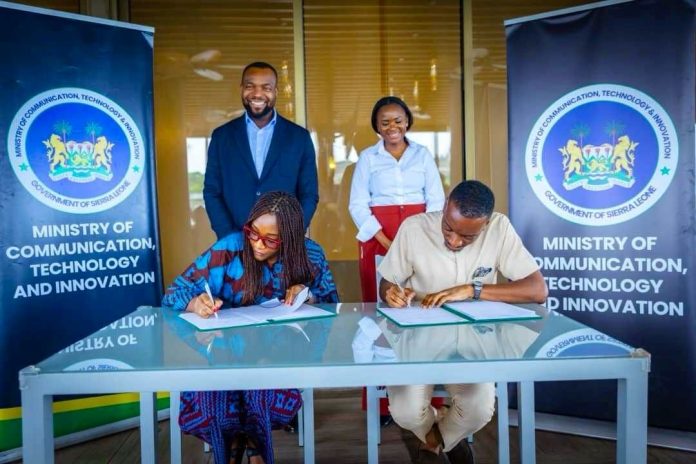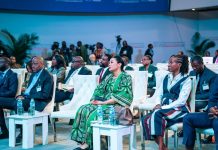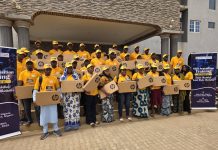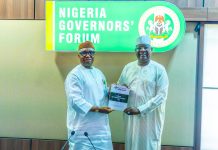The Government of Sierra Leone has entered into a major technology cooperation agreement with regional and international partners to develop a multilingual artificial intelligence (AI) system designed to support the country’s diverse linguistic and cultural environment.
The Memorandum of Understanding (MoU), signed through the Ministry of Communications, Technology & Innovation, represents a decisive step toward strengthening Sierra Leone’s digital infrastructure and expanding the use of advanced technology in governance, education, and private enterprise.
The initiative is being led under the supervision of the Minister of Communications, Technology and Innovation, Dr. ‘Bosun Tijani, who described the collaboration as essential for ensuring that Africa actively participates in the global AI ecosystem rather than merely consuming foreign technologies.
The multilingual AI model will be specifically designed to understand and process Sierra Leone’s major local languages, enabling digital services to become more accessible to citizens. Once implemented, the system is expected to improve communication between government agencies and the public, enhance digital learning platforms, and support businesses by offering language-sensitive technological solutions.

The project builds on experience gained from Nigeria’s AI initiative, N-ATLaS, which is currently being used to support the development of AI systems that recognize indigenous African languages. Lessons from this initiative will be adapted to Sierra Leone’s linguistic structure to ensure effective localization and sustainability.
Key Nigerian institutions partnering in the project include the NCAIR Nigeria, NITDA Nigeria, and the Nigerian Federal Ministry of Communications, Innovation & Digital Economy. These organizations are expected to provide technical expertise, policy support, and research resources to guide the project’s development and implementation.
Sector analysts say the initiative could significantly boost Sierra Leone’s innovation economy by nurturing local AI talent, creating new employment opportunities, and encouraging technology-driven entrepreneurship. It is also projected to reduce digital exclusion by connecting non-English-speaking populations to digital tools in their native languages.
Government officials noted that the partnership forms part of a broader push to position West Africa as a growing hub for digital innovation and investment. The success of the multilingual AI model could set a precedent for similar initiatives across the continent, marking a move toward homegrown technology solutions that reflect Africa’s realities.
Implementation is expected to begin in phases, with language data collection, model training, and pilot testing as immediate priorities. Authorities say the long-term goal is to embed the system across public services, educational institutions, and commercial platforms.
With this collaboration, Sierra Leone becomes one of the first countries in the region to pursue a national AI system designed around indigenous languages, reinforcing the country’s ambition to be at the forefront of Africa’s digital transformation.








